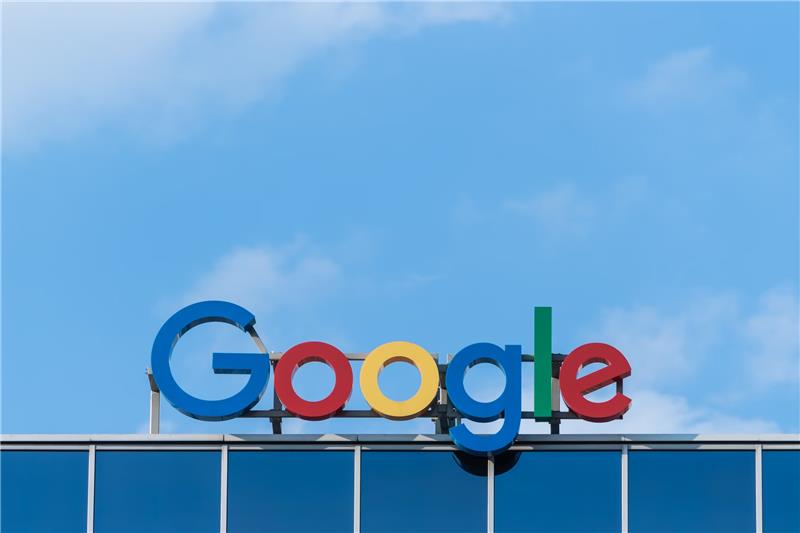
Explore our NEW Knowledge Base and Help Desk to find everything you need to attract, engage and convert talent with your Vennture website.
Discover More
If you work in marketing, chances are that you want to create something that makes people feel…something, Whether it’s a charity video that moves viewers to tears or an app that spreads round the pub like wildfire, we all want something more than ‘engaging content’, but that can be easier said than done.
Industries such as travel and food have plenty of interesting angles for copywriters and content marketers to delve into. Everybody loves food and everyone loves a holiday, so whether you’re advertising faraway lands that would be perfect for a well-deserved getaway or you’re delivering mouth-watering recipes, there’s no shortage of opportunities to enthral.
However, some industries aren’t considered as rich as others and it can be difficult to keep prospective audiences engaged if you’re producing lacklustre content.
PR Newswire’s whitepaper ‘How to Drive Maximum returns on Content Marketing’ reported that only 42% of marketers said that their content marketing efforts were working, with 58% of campaigns not hitting their full potential.
In an environment where everyone is competing to produce the best campaigns, what can brands and marketers do to ensure their hard work pays off? Here are a few approaches that apply, regardless of the industry or its perceived level of interest.
What you publish doesn’t always have to be about what you sell and while audiences may not find your product or service inherently fascinating, positioning your marketing around the why of your business can lead to far more interest in your brand.
Moz recently published a blog post about creating content that people care about. Throughout the post they reference brands that are going the extra mile to make their brand synonymous with things other than their products, in what they call ‘the Buzzfeed approach to social media.’
The examples they highlight include:
These brands are some among the most successful and influential businesses in their respective markets. Red Bull itself is globally the highest selling energy drink and you can rarely look into an extreme sporting event without seeing their name. Another example of this is with our client and international tool manufacturer, Bahco.
First of all, we have to admit that this wasn’t our idea, but it’s another reason why we love the Bahco brand. Having a tool manufacturer sponsor a rock music festival may seem like a tenuous link at best—though both involve metal, be it the genre or the material. However, their involvement with Sweden Rock has allowed Bahco to return to their Swedish roots and get their fun side in front of their target audience.
There’s plenty of value to be had by showing interest in and becoming associated with things beyond what you’re selling. Not only are you building familiarity, you’re also increasing the prestige of your brand by showing you truly do have a passion for your customers and their interests.
Let’s say you’ve just launched a new product and you want to promote it. If you create something that merely describes the x, y and z of the product you’re not going to build up any interest in your brand. By simply backing what you do with how you do it, you might just convince people to buy into more than your product.
Every product has a story. A pencil on your desk could contain what you believe to be the best graphite, which you went to extra effort to mine from a faraway deposit before encasing it in wood. Maybe you only use a certain farm for your ingredients because you know it takes extra care of the animals, or perhaps your software was developed due to a particular frustration with the current system. If used effectively, the story of your product can be fascinating and inspire your audience.
If you give people a story, something to believe in, they’re more likely to seek you out. PR Newswire’s whitepaper also found that earned media (content gained through promotional efforts) is 80% more effective than owned media (content you’ve made). Making your brand synonymous with something worth talking about can help you join the 42% who feel their content is performing to its full potential.
It’s not for everyone, but some people really care about these details. Showing off your character, whether you’re particular, humane, inquisitive or anything else, can entice extra customers. It can pay to bring human interest into the buying decision, but it needs to be genuine.
In order to tell your story, you need to understand the context of your audience. Why are they visiting your site or social channel? What do they want to take away from it? If you understand their persona, you can focus your marketing on the issues they’re facing and the channels they use. Chances are what you’re offering is a solution to a pain point, but you can also connect to them through their interests and their emotions.
This isn’t to suggest that you should suddenly go out and sponsor your local Sunday league team or create a novel about how your product overcame some form of strife. You can, however, stop trying to cram your product or service into everything. Your company should be about far more than just what you do and that should show in everything you publish.
Flickr Creative Commons Image: Erik Sorenson